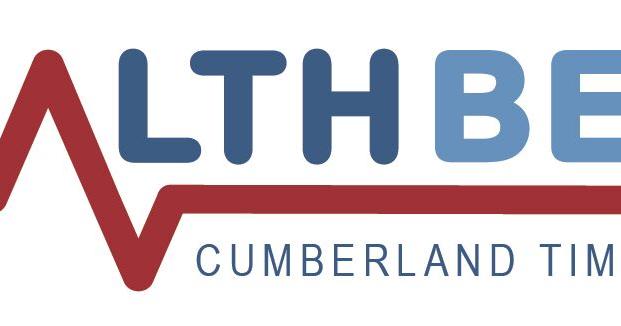CUMBERLAND — Heart disease has been the leading cause of death in the United States since 1950.
One reason is that there is no clear way to predict someone's risk of having a heart attack.
Known risk factors for heart disease include high blood pressure, smoking, high cholesterol, diabetes, obesity, unhealthy diet, lack of exercise, and excessive alcohol use.
According to the U.S. Centers for Disease Control and Prevention, “lifestyle changes and sometimes medications can significantly reduce your risk of heart disease.”
Symptoms of heart failure develop slowly and can be difficult to diagnose, but research is underway to better assess heart disease risk.
Dr. Christopher Haas is the medical director of cardiology at UPMC Western Maryland.
All humans have some amount of plaque (deposits of fat, cholesterol and other substances) in their coronary arteries, he said.
Over time, plaque can narrow or block arteries throughout the body, causing health problems.

Dr. Christopher Haas
“Almost everyone is at risk at some point in their life,” Haas said. “Everyone has this disease, but not everyone progresses to a blockage or rupture.”
It can be difficult to know when plaque becomes dangerous to patients, but research aims to learn more.
Blood tests for specific antibodies could be used across the UK to determine a patient's risk of heart and circulatory disease within three to four years, according to the British Heart Foundation.
Further research is underway to see if antibodies can be generated and administered therapeutically.
“This study… essentially looks at specific antibodies that track LDL molecules, the bad cholesterol molecules that make up plaques,” Haas said.
“If you have a lot of these antibodies, that means you're clearing out LDL,” he said, adding that patients with low antibody levels may be at higher risk of heart attack.
“The question will be, does this particular antibody tell us that someone is about to rupture, or is it just a marker in patients who have more and more plaques?” Haas said. Ta.
Statins, which have been widely prescribed to patients for decades, reduce the production of LDL cholesterol in the blood, limiting its movement and strengthening the defense mechanisms in the lining of arteries.
“This is the only drug that we know of that approaches all three of these problems,” he said.
Dr. Hani Alkhatib, director of the Structural Heart Program at UPMC Western Maryland University, said that for about the past 20 years, the medical community's primary focus has been on preventive cardiology.

Dr. Hani Al-Khatib
Coronary artery calcium scoring is a non-invasive scan of the heart that can be used in patients with certain risk factors.
This test checks for calcium deposits in the arteries.
“Even if someone has perfectly normal cholesterol and a high calcium score, that's still a sign that they're on a statin,” Alkhatib said.
The risk calculator can help determine which patients should undergo coronary artery calcium scoring, he said.
Other tests may include heart imaging tests to help determine whether your coronary arteries are narrowed due to plaque buildup.
“This is a very good initial test to help identify if a person has a blockage,” Al-Khatib said.
The testing route is determined by whether a patient has symptoms, age, and other risk factors.
To learn more about your heart health, you should talk to your doctor.
However, diet and exercise are important, al-Khatib says.
He said at least 30 minutes of brisk walking per day promotes a healthy lifestyle.
“I always encourage patients to measure their blood pressure at home,” Al-Khatib said.


